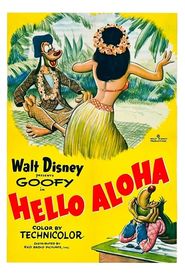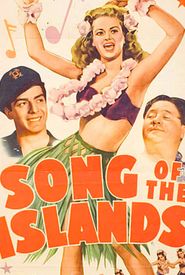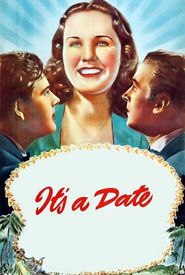Harry Owens, a renowned musician, arrived in Hawaii in 1934 and was captivated by the local music scene. Prior to his Hawaiian sojourn, Owens had a successful career as a trumpet player in Los Angeles dance bands, including the Ambassador Hotel Cocoanut Grove and for Vincent Rose. He also led a band at the Lafayette Cafe in L.A. as early as 1926.
Owens' musical journey in Hawaii began when the manager of the Royal Hawaiian Hotel asked him to establish a house orchestra at the resort. He abandoned Western-style music and fully immersed himself in Hawaiian culture, transcribing many traditional songs for the first time. Owens was also instrumental in popularizing the steel guitar.
With his "Royal Hawaiians" and regular vocalists Hilo Hattie and Alfred Apaka, Owens embarked on several successful tours of the U.S. West Coast, including a return to the Cocoanut Grove and engagements at the Mural Room of the St. Francis Hotel in San Francisco. He made prolific recordings for Decca, Capitol, and Columbia and was regularly featured on the radio show "Hawaii Calls" from 1935, complete with ocean sounds from Waikiki Beach for added authenticity. Owens also had his own show on CBS television from 1949 to 1958.
Owens' most famous composition and signature song is "Sweet Leilani," inspired by the birth of his daughter, which won the Oscar for Best Song after being featured in the film Waikiki Wedding (1937). It remained top of the charts for twenty-eight weeks and has sold more than twenty million copies to date. Among his numerous compositions are popular songs such as "Voice of the Trade Winds," "Blue Shadows and White Gardenias," "Linger Awhile," "Hawaii Calls," and "Polynesian Holiday."
Owens played a significant role in revitalizing the tourist industry in Hawaii. In 1987, he was honored with the Na Hoku Hanohano Lifetime Achievement Award, bestowed by the Hawai'i Academy of Recording Arts (HARA),a year after his death at the age of eighty-four.


























